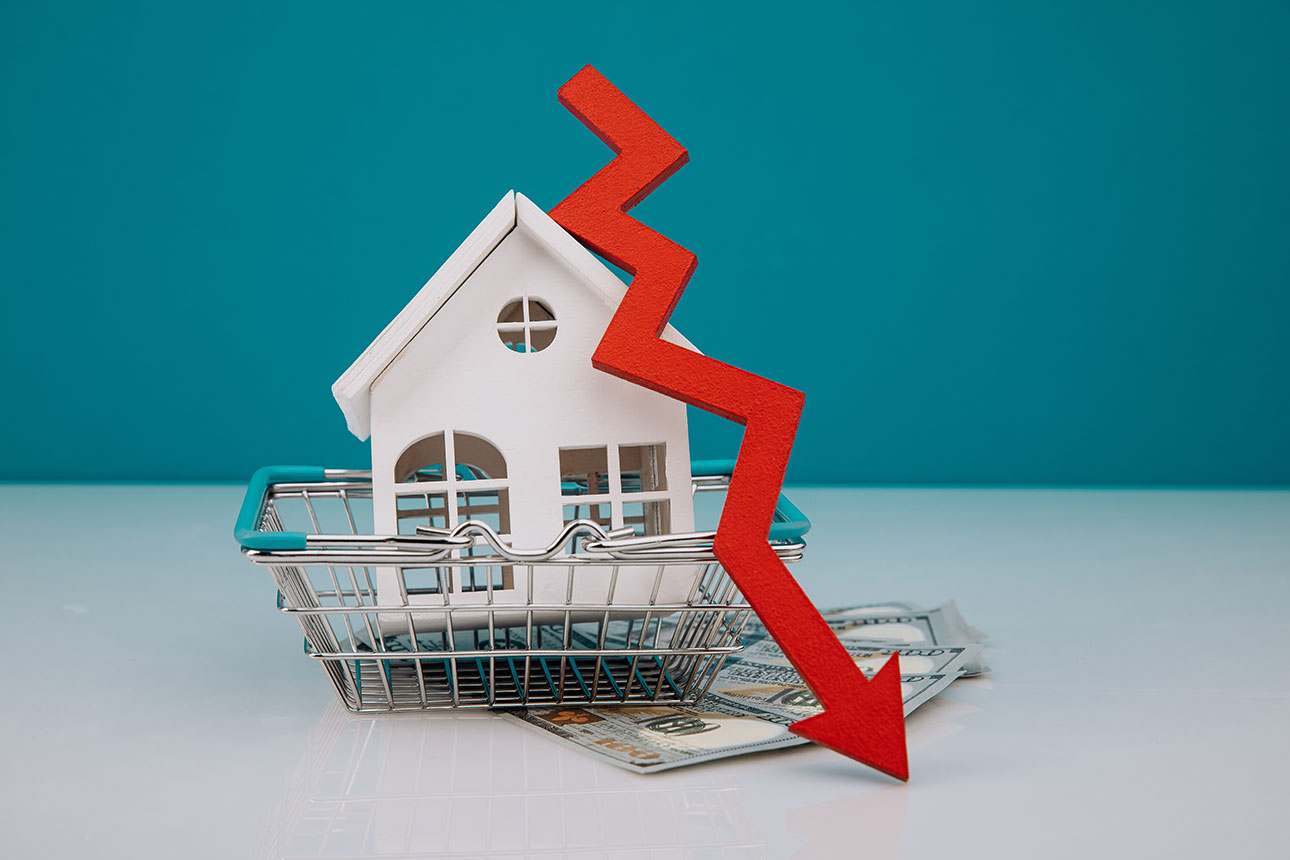The pros and cons of buying property abroad
Updated Tue, Dec 17, 2024 - 7 min read
Top blog articles
In the realm of international finance and property investment, one decision stands out as particularly alluring yet complex: buying property abroad. This prospect often carries with it a sense of romance and adventure. It offers the opportunity to immerse oneself in a new culture, experience a different way of life, or even secure a potentially profitable investment. For many, it’s seen as a tangible way to diversify their portfolio, hedge against domestic market fluctuations, or even achieve a dream of living abroad. Some find allure in the potentially lower property prices in certain regions compared to the skyrocketing values in their home country.
However, alongside the potential benefits are challenges and intricacies. Before committing to buying real estate, whether it’s a quaint Italian villa, a modern apartment in bustling Tokyo, or a beach house in the Caribbean, it’s important to dissect the dynamics of purchasing real estate overseas.
This article aims to provide a balanced perspective, helping potential buyers and investors make informed decisions about their property purchase.
The pros

It gives you a personal holiday home to use any time of the year
Among the potential advantages of buying property overseas, one is particularly attractive to many: owning a personal holiday home accessible anytime. With property abroad, you’re no longer bound by hotel availability or peak tourism seasons, allowing you to plan vacations on your terms. Spontaneous long weekends become possible, and extended summer holidays are no longer a logistical nightmare. This flexibility can significantly enrich your travel experiences, making your overseas property an investment in financial wealth and personal and familial joy.
Moreover, a holiday home abroad can offer a more immersive experience of the country and its culture. Unlike the transient nature of hotel stays, owning a property allows you to become part of a community, learn the language, and understand the customs and traditions more deeply. It’s an opportunity to live like a local, which is a unique cultural experience in itself.
It’s a good long-term investment
Historically, investing in foreign property in a stable tend to increase over the long term, although this can vary significantly from country to country and region to region. A well-chosen property in a stable, growing market can generate considerable financial gain. If the foreign real estate market you invest in experiences substantial growth, you could see your property’s value increase, yielding a significant return on investment when you decide to sell.
Additionally, favorable interest rates in some foreign markets might make a property purchase more appealing, although it’s essential to keep an eye on the fluctuating exchange rate when calculating costs.
However, don’t think of this as one that gives overnight success. Investors should be prepared for the long-term commitment, as real estate generally requires time to appreciate and provide substantial returns.
It’s a stable source of passive income
With the right strategy, your property overseas can provide a steady revenue stream, supplementing your income and offering financial freedom.
Renting out your overseas property when you’re not using it can be an effective way to earn passive income. For instance, if your property is in a popular tourist destination or a bustling city with high rent demand, you can benefit from consistent tenancy and competitive rental rates. This income can be used to cover costs associated with maintenance, mortgage payments, insurance, taxes, and repairs, and potentially even a high net income.
For property investors focused on rental properties, an international property provides diversification and access to potentially higher-yield markets. With good planning, the property could serve as both a holiday home and a business venture.
The cons

It gives you more debts to manage if you’re still paying for a mortgage
Owning foreign property often involves taking out a second mortgage or setting up an international bank account for management. The additional debt requires thoughtful planning, particularly with the impact of foreign currency fluctuations and local currency stability on payments and overall financial outlay. Considering your financial capability to handle these costs while still meeting your existing financial obligations is essential.
On top of this, if the aim is to rent out the property when not for personal use, you must also be prepared for the possibility of not always having tenants. Rental income is never guaranteed, and there may be times when the property remains vacant. During such periods, you’re still required to meet all financial commitments related to the property without the buffer of rental income.
Potential investors must assess their financial situation thoroughly, factoring in their ability to manage another mortgage and the associated costs.
Its upkeep can be expensive, depending on location
One potential downside that may not immediately come to mind when considering buying property abroad is the cost and complexity of maintaining the property, which can vary depending on location.
Basic upkeep can prove to be more expensive than anticipated. Regular maintenance tasks such as cleaning, repairs, garden upkeep, and seasonal work such as winterizing the property can all add up. Some locations may require additional maintenance due to local weather conditions, such as properties in coastal areas needing extra protection from sea air and storms or properties in colder climates requiring more substantial winter preparation.
Lastly, the distance and travel costs of visiting the property to check its condition or decide on more extensive repairs or renovations can be substantial, particularly if the property is far-off. These logistical and financial considerations can complicate the property’s upkeep, turning what might seem like a dream investment into a potential hassle.
Fluctuations in the local cost of living and the exchange rate can further complicate budgeting. These logistical and financial factors can turn an exciting property venture into a significant challenge.
It entails familiarizing with tax and property laws of the property location
Investing in property abroad brings a distinct challenge that domestic investments don’t have: the need to familiarize themselves with the tax and property laws of the foreign location. This is a crucial aspect to consider when purchasing property abroad, as the legal landscape surrounding property ownership can vastly differ from one country to another. Misunderstanding or unawareness of these laws can lead to significant complications and financial losses.
Furthermore, double taxation is another important aspect to consider. Depending on the tax treaties between the foreign country and your home country, you might be liable to pay taxes on your overseas property or its rental income in both countries. To navigate this, it’s important to understand how foreign taxes can be credited against your domestic tax liabilities.
Final thoughts
Buying property overseas is a fascinating and multifaceted journey that offers a blend of opportunities and challenges. It holds the potential for personal enjoyment, financial gain, and cultural enrichment. However, the complexities of foreign currency management, fluctuating exchange rates, and navigating foreign property markets make this an endeavor that requires careful planning and expert advice.
Aspiring property investors should evaluate their financial situation, long-term goals, and tolerance for risk. Working with professionals familiar with the nuances of international property transactions can ensure a smoother buying process. Ultimately, whether you’re aiming for a dream holiday home or pursuing lucrative rental properties, investing in real estate overseas must align with your vision and resources.
Read more: How to invest in real estate without buying property









